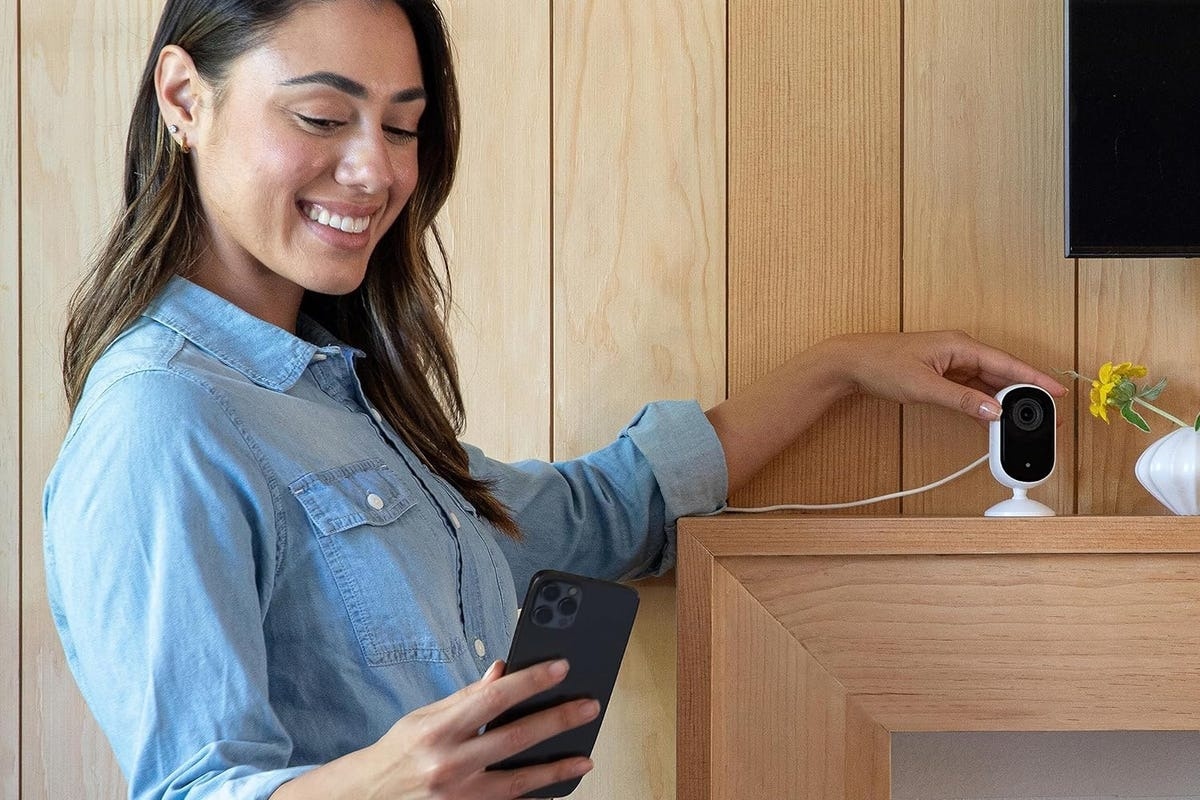 |
Areas that may invade privacy . According to some regulations, security cameras cannot be placed in locations that could affect the privacy of others. According to CNET , some areas to pay attention to include bathrooms, bedrooms, toilets, or other people's living spaces without their consent. If you must place a security camera in these areas, make sure the device is in a visible location and that others are notified of the device. Photo: Amazon . |
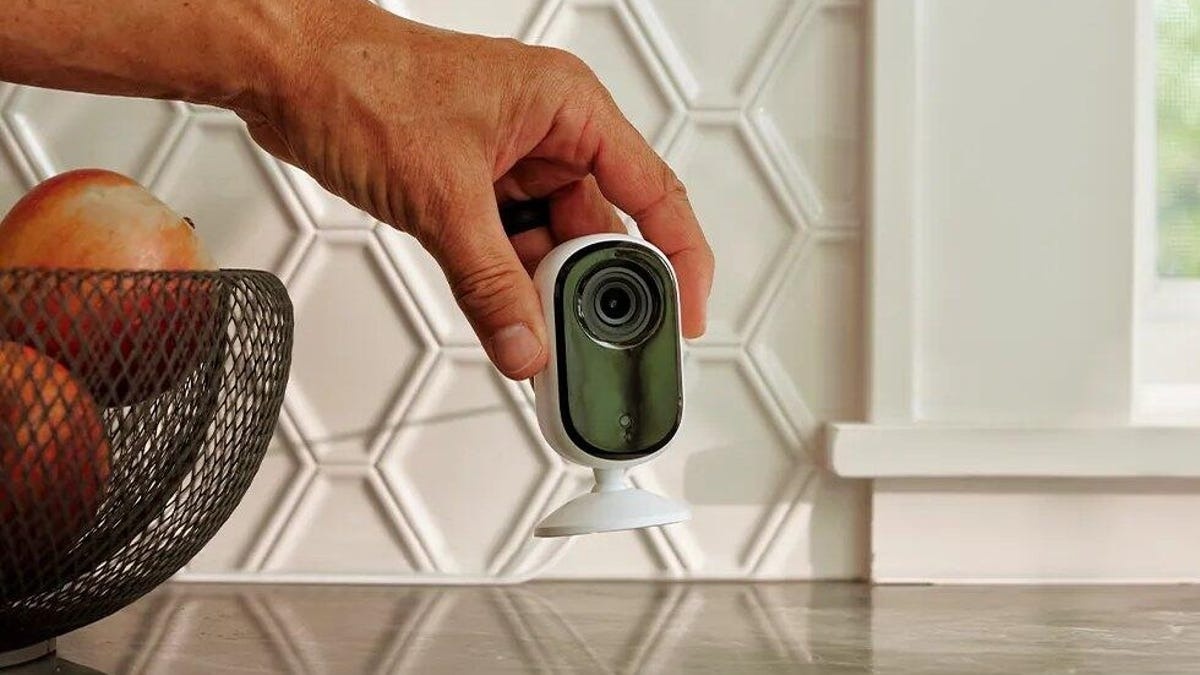 |
Hard-to-see locations . Typically, users tend to place cameras in areas that are hard to see from windows or doors, thinking that they are easy places for thieves to break in. However, data from security company ADT shows that 34% of thieves break in through the front door, and 22% use first-floor windows. In general, easy-to-reach places are the areas where thieves enter the most. If you want to be more secure, users can install motion sensors in hidden locations to increase monitoring. Photo: Arlo . |
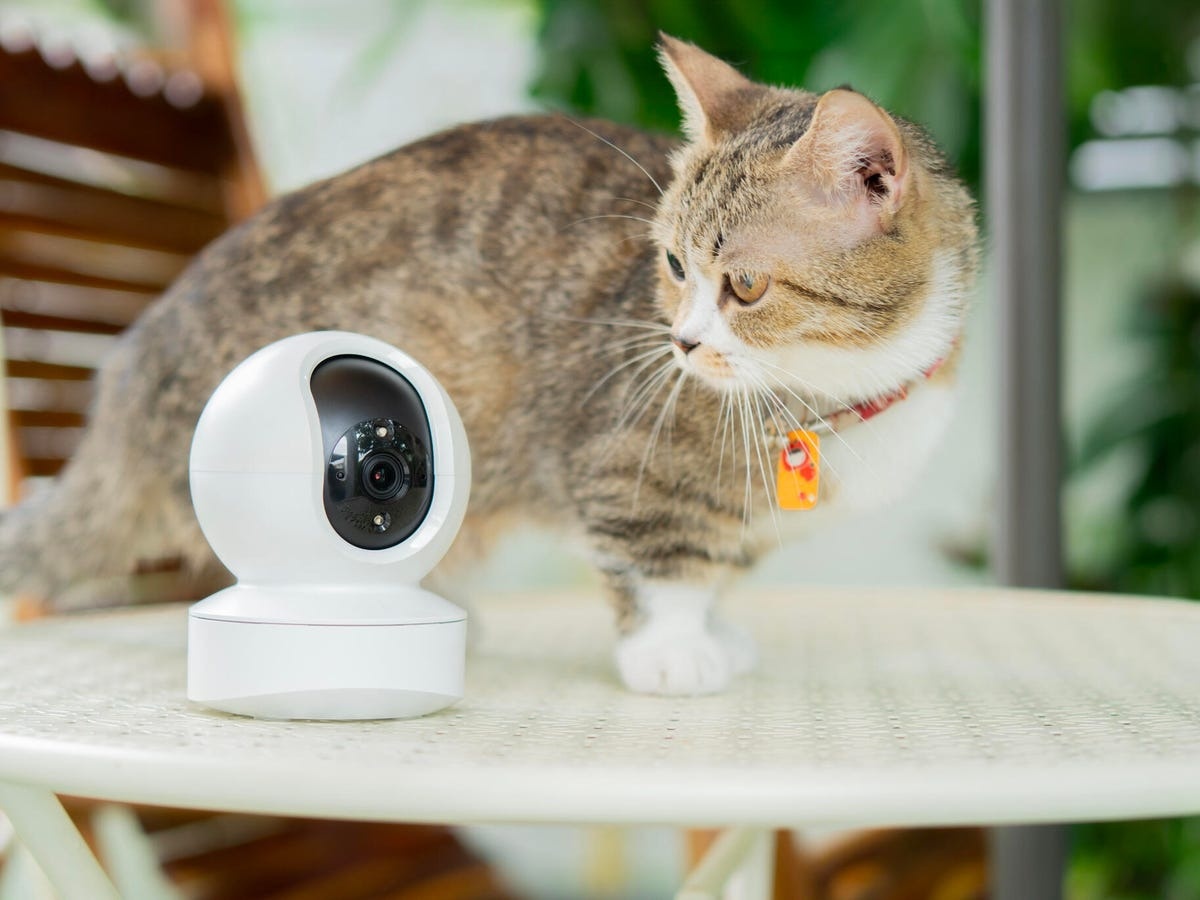 |
Behind obstacles . Obstacles aren’t always easy to see on security cameras. If mounted outdoors, pay attention to tree branches that sway in strong winds, next to growing plants, or seasonal flowers. If the camera is placed indoors, pay attention to whether it can see everything when doors open or close. If it’s placed on a shelf, make sure pets can’t run over it, knock it over, or change the angle of view. Photo: CNET . |
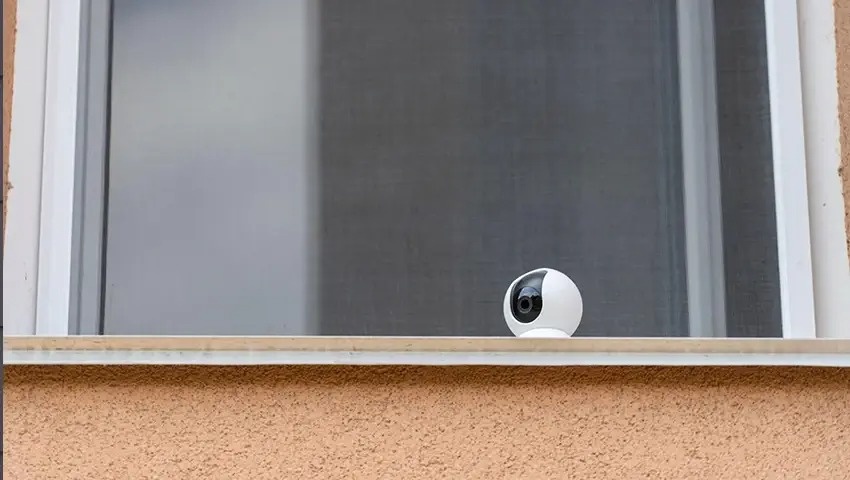 |
Look out the window . Some people want to save money by buying an indoor camera, mounted near a window to look outside. However, windows can be glare when the sun shines at a certain angle, or reflect light from a light bulb. Over time, dust on the window can affect the camera's viewing angle. The view from the window is also very limited, making it difficult for the camera to observe the street or large areas. Photo: Zosi Blog . |
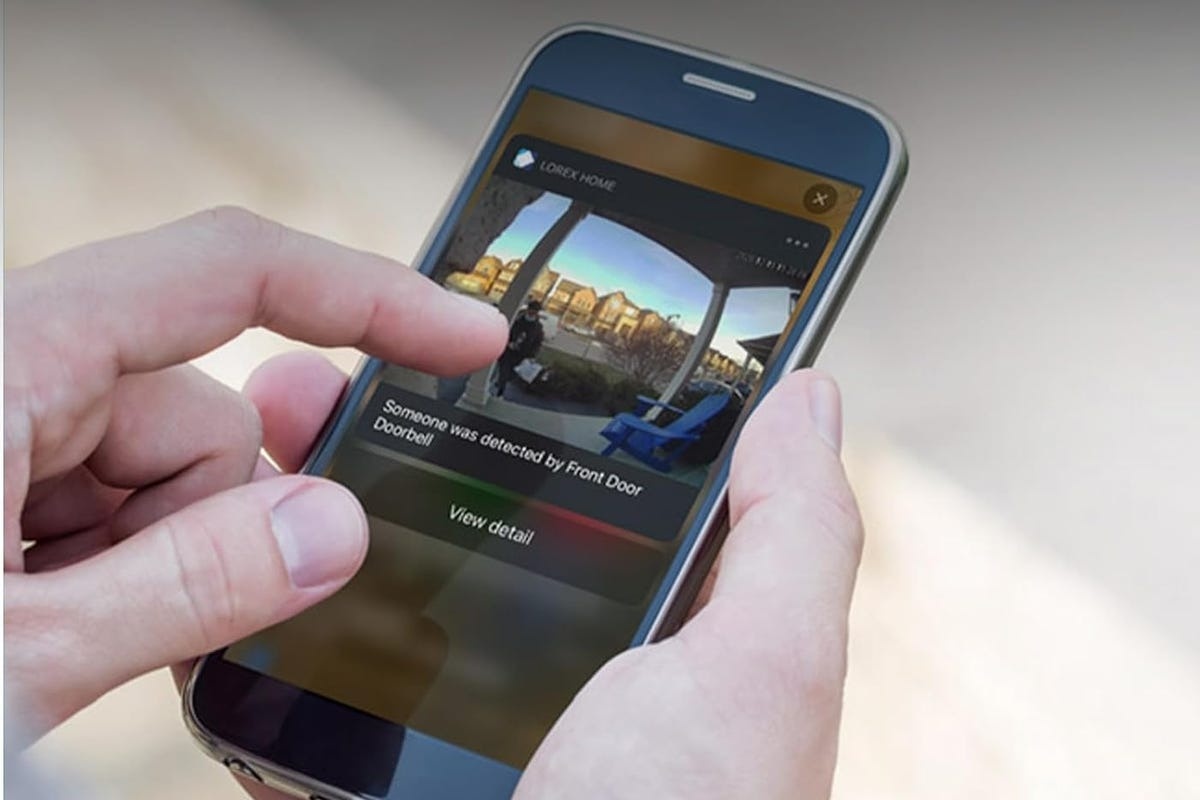 |
Aim for the sky . Some cameras have a wide field of view, which can include the sky. According to CNET , this can be problematic when the sun shines overhead, causing glare or overexposed details. Frequent sunlight can increase the risk of UV damage and wear over time. Therefore, users should angle the camera away from the sky, focusing on views below such as rooftops, trees, roads, etc. In addition, the camera should be placed so that part of the device is covered by shade. Photo: Amazon . |
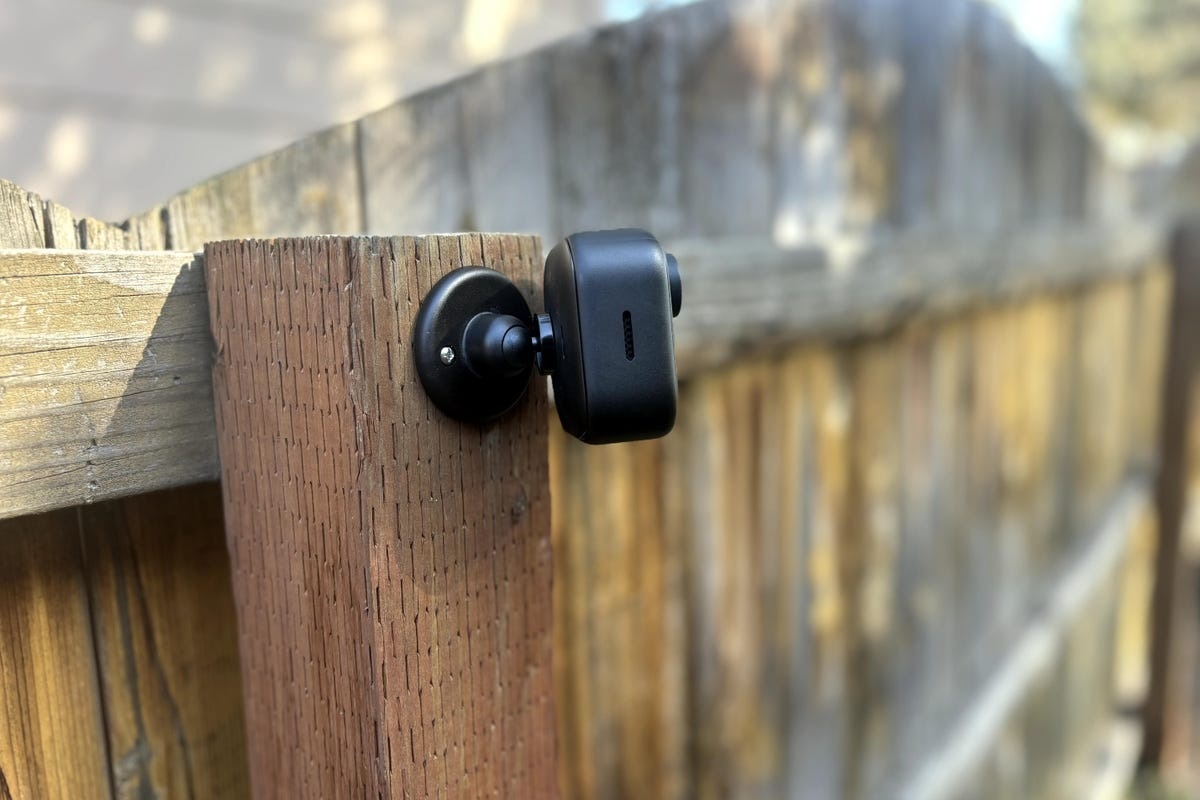 |
Near vents or high heat sources . Vents can cause the lens to become dirty over time, and high temperatures can damage the battery (if using a wireless camera). This can affect the life and performance of the camera. If glued in place, high temperatures can cause the glue to come off, causing the camera to fall and break. Photo: CNET . |
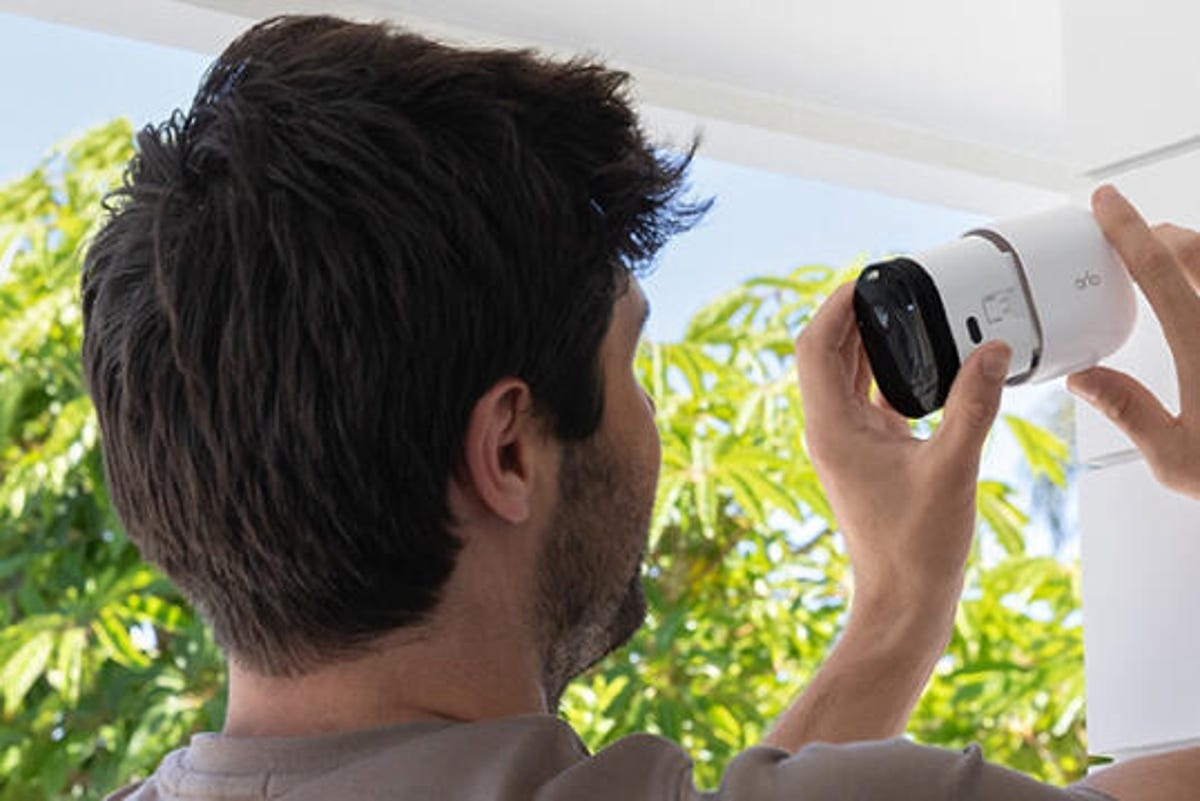 |
Some effective ways to place cameras . Although there is no exact research, some websites and manufacturers recommend placing the camera in a high position, providing a better view if you need to monitor a large walkway or yard. If using a battery-powered camera, place it in a position close enough to check the battery status and plug it in when necessary. Photo: Arlo . |
Source: https://znews.vn/nhung-vi-tri-nen-tranh-khi-lap-camera-an-ninh-post1554753.html


![[Photo] General Secretary To Lam works with the Central Inspection Commission](https://vphoto.vietnam.vn/thumb/1200x675/vietnam/resource/IMAGE/2025/5/22/54820e91fd124c4cb691961718c4ee5d)
![[Photo] Prime Minister Pham Minh Chinh attends the groundbreaking ceremony of Trump International Hung Yen Project](https://vphoto.vietnam.vn/thumb/1200x675/vietnam/resource/IMAGE/2025/5/21/ca84b87a74da4cddb2992a86966284cf)
![[Photo] Determining the pairs in the team semi-finals of the National Table Tennis Championship of Nhan Dan Newspaper](https://vphoto.vietnam.vn/thumb/1200x675/vietnam/resource/IMAGE/2025/5/21/eacbf7ae6a59497e9ae5da8e63d227bf)













































































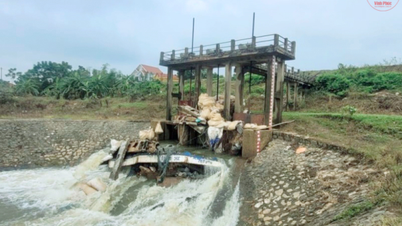



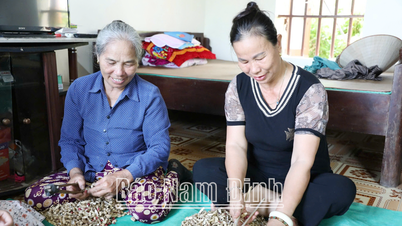








Comment (0)